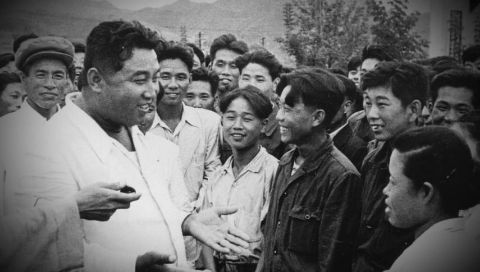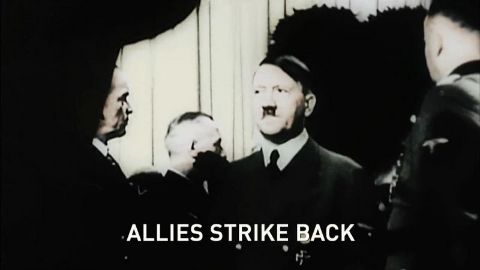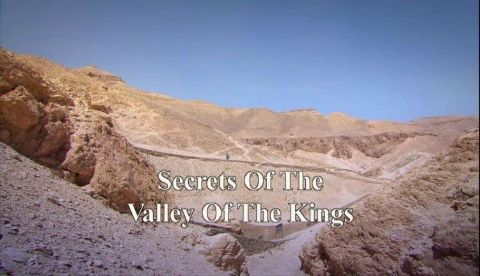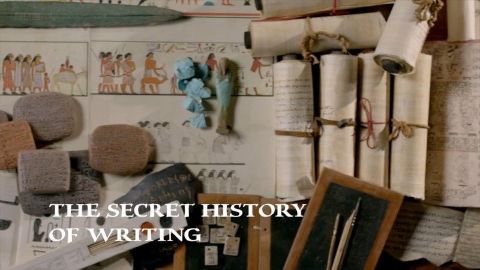Blood and Tears: French Decolonisation • 2020
The story of the decline of the French empire and the indelible mark colonialism left on countries that were colonised. In the mid-to-late 19th century, the French and other European powers colonised much of Africa and Southeast Asia. During the decades of imperialism, these industrialising powers viewed the African and Asian continents as reservoirs of raw materials, labour and territory for future settlement. In most cases, however, significant development and European settlement in these colonies was sporadic. After the second world war, the French and European colonial empires started falling apart. By 1966, most French-controlled territories and colonies gained independence, and new nation states were established. This three-part series charts the history of that period of decolonisation, and explores the debates about assimilation, race, identity and citizenship that have troubled France from then until now. Featuring interviews with war veterans and descendants of those who experienced the "blood and tears" of colonialism and decolonisation directly – in Africa, Southeast Asia, the Caribbean and the Pacific – it also looks at the indelible mark this has left on the hearts and souls of close to half a billion people across five continents and some 45 countries.
Make a donation
Buy a brother a hot coffee? Or a cold beer?
Hope you're finding these documentaries fascinating and eye-opening. It's just me, working hard behind the scenes to bring you this enriching content.
Running and maintaining a website like this takes time and resources. That's why I'm reaching out to you. If you appreciate what I do and would like to support my efforts, would you consider "buying me a coffee"?
Donation addresses
BTC: bc1q8ldskxh4x9qnddhcrgcun8rtvddeldm2a07r2v
ETH: 0x5CCAAA1afc5c5D814129d99277dDb5A979672116
With your donation through , you can show your appreciation and help me keep this project going. Every contribution, no matter how small, makes a significant impact. It goes directly towards covering server costs.





